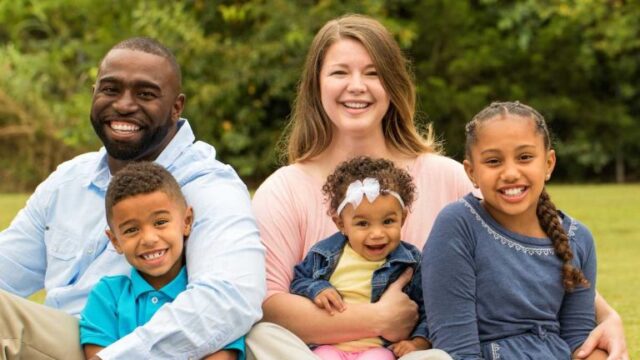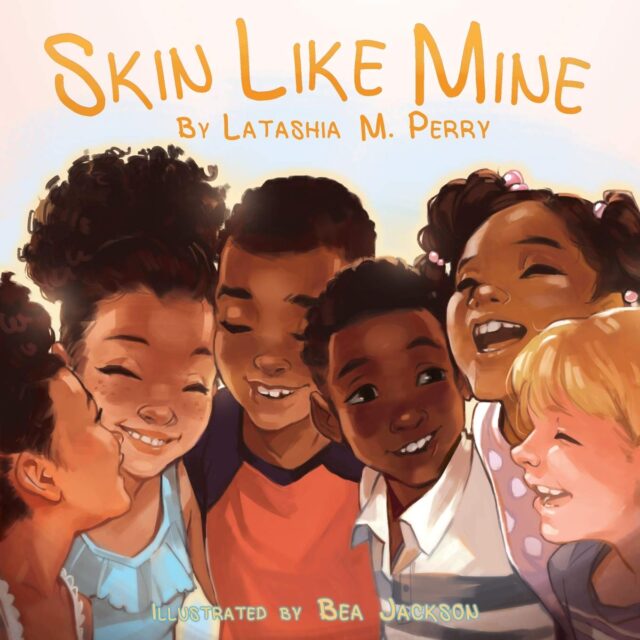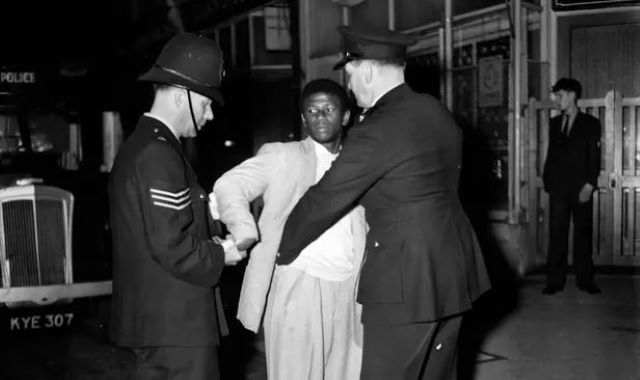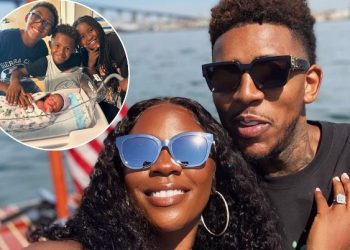According for the Pew Research Center, interracial marriage has grown in the Black community to nearly four times more common today, in 2022, than in 1980. Research shows that almost one in five Black people are marrying partners of a different race or ethnicity. According to the experts, here a few tips on how to preserve Black culture for multiracial children.

Start communicating early
According to Amira Johnson, a psychotherapist and clinician at Berman Psychotherapy, it is important to introduce Black culture as early as possible, even during the Cognitive development ages between zero to two years old.
“This is a vital time in a child’s life as they learn how to connect mentally, physically, and emotionally with the world around them,” Ms. Johnson told Parents.com. “Child development is a continuous and interactive process.”
Use tools to connect to Black roots
Per Shawnessa Devonian, a national board certified counselor and licensed clinical professional counselor of Rejuvenated Minds, parents and children can learn a lot about Black culture through “things”. Devonian suggests that parents incorporate culturally diverse toys, books, television shows, and other items regularly into their child’s daily routine. These “things” can be very beneficial in helping children have tangible ways to connect to their roots.

Explain traumatic moments in Black history with care
It is important to teach all of Black history to children, even the painfully traumatic moments. However, when teaching about these moments in history, handle them with care.
“… Start with one’s own history and the correlation between personal and family history with the Black experience holistically,” Dr. Anjali Ferguson, a culturally responsive psychologist specializing in racial trauma and its mental health effects on children and families, suggested.
She continued with her advice on approach, “The reality is that children are noticing differences and will learn about these historic events eventually,” she says. “It is important to create a safe space for them to process the many feelings that come with these discussions. This helps foster empathy and understanding of systemic inequalities with the hopes of promoting a new generation of change-makers.”

Get the non-Black parent involved in the conversations as well!
It is extremely important for the non-Black parent to educate themselves as well as their children about Black history and culture. No matter how well-versed they believe that they are, there is always something else to learn. And of course, learning together with their child/children makes the learning moment for everyone just that much more special.
“Just taking that extra step to make sure your child does not feel excluded from something that is a part of them—and in turn, you, by association—is super important for healthy relationship building,” Dr. Johnson said.
She added one final thought to the conversation, and it was a good one!
“Embrace that [your] child represents all cultures that make up their household and that they belong in each of those cultures as firmly as someone who is not multiracial.”







